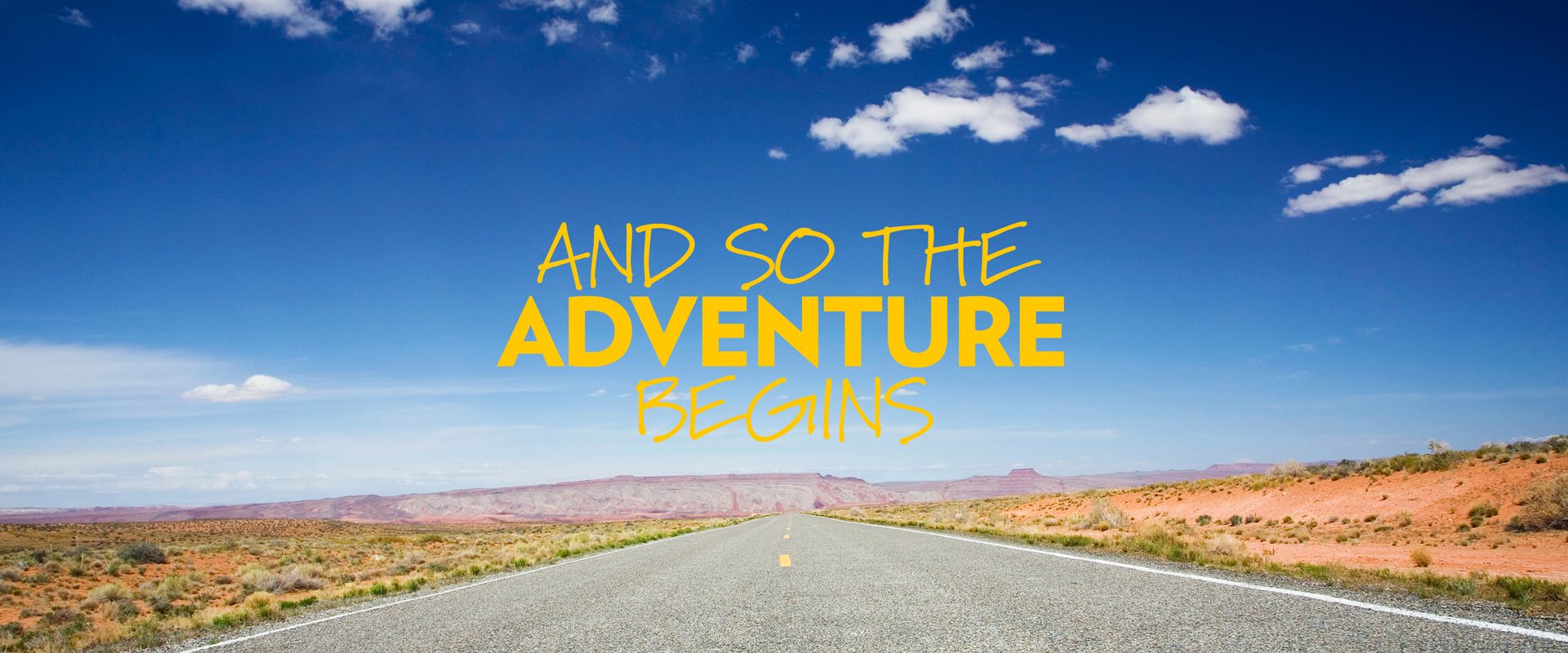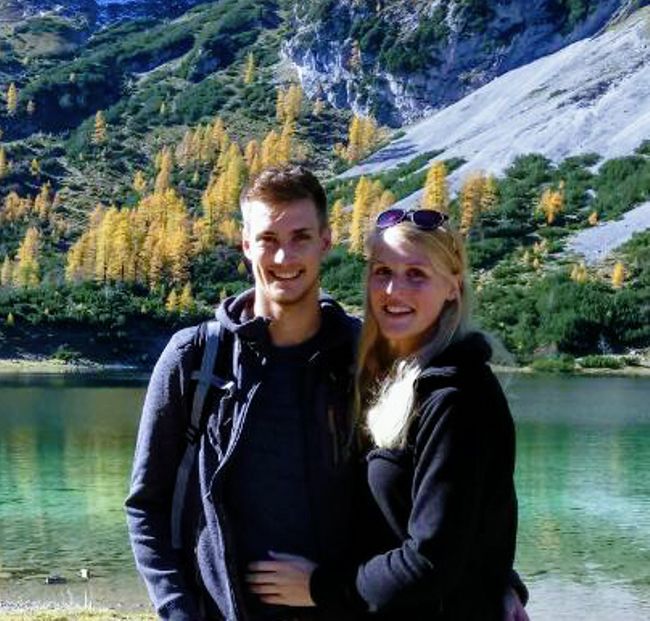Amazonia has completely enchanted us
ที่ตีพิมพ์: 19.03.2018
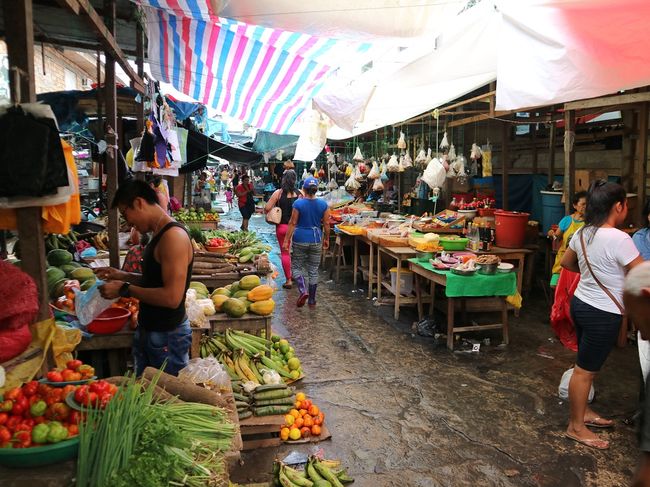
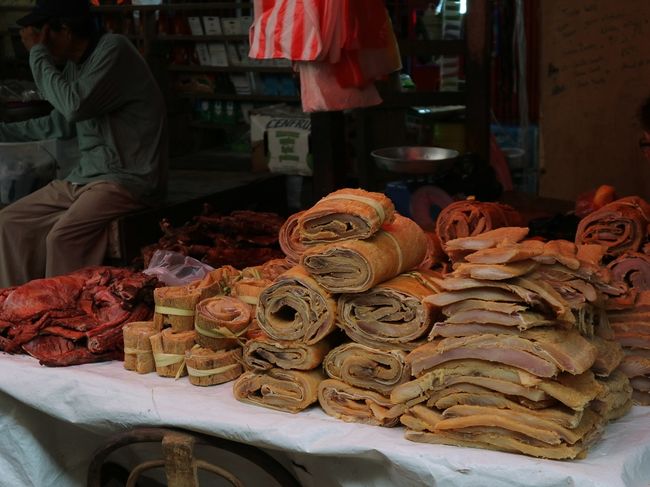
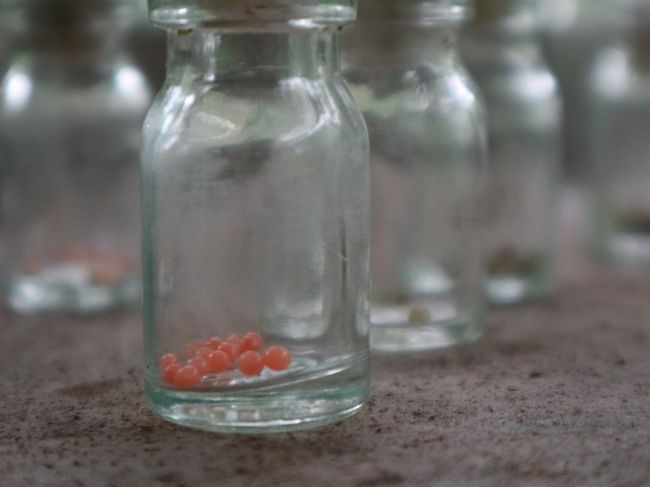
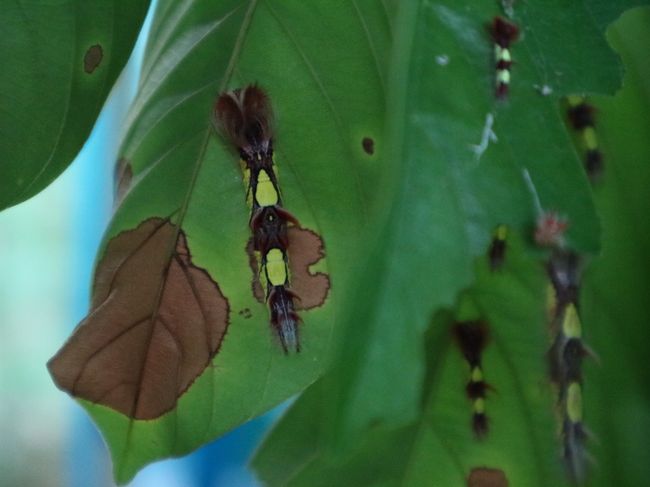
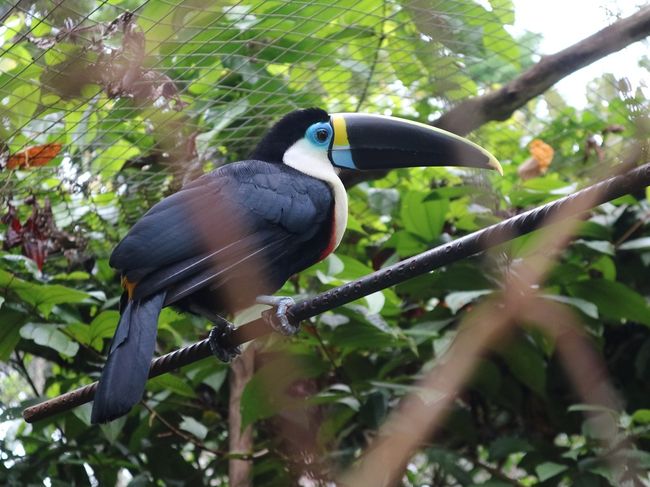
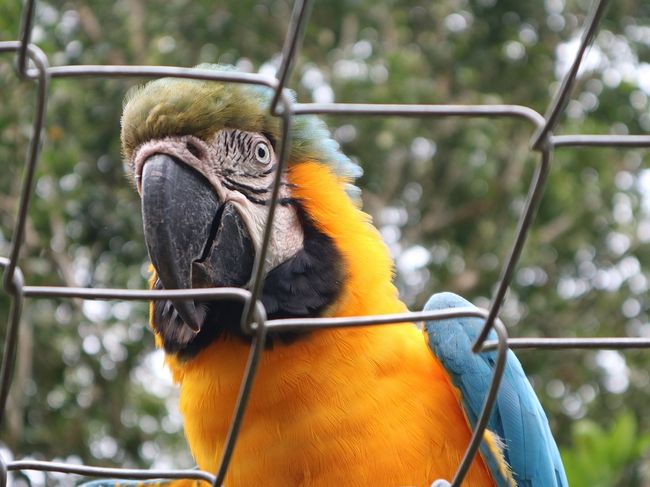
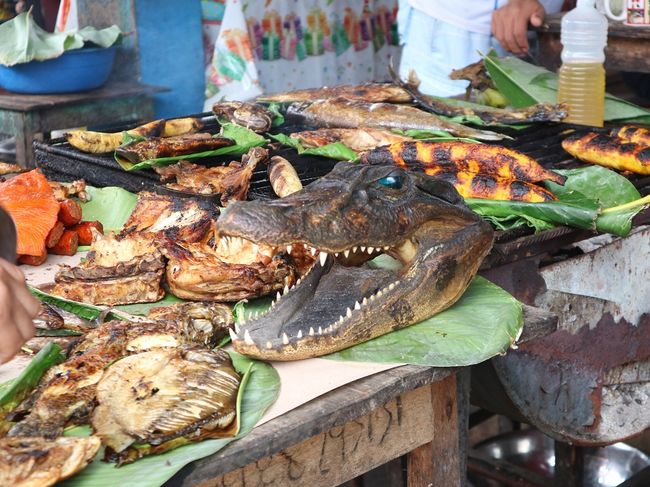
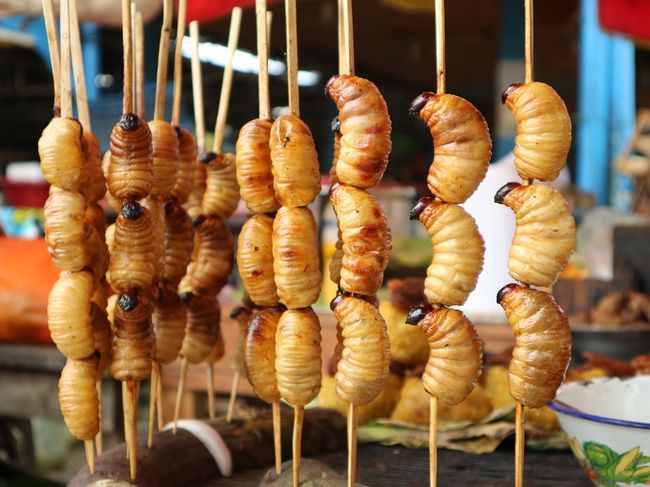
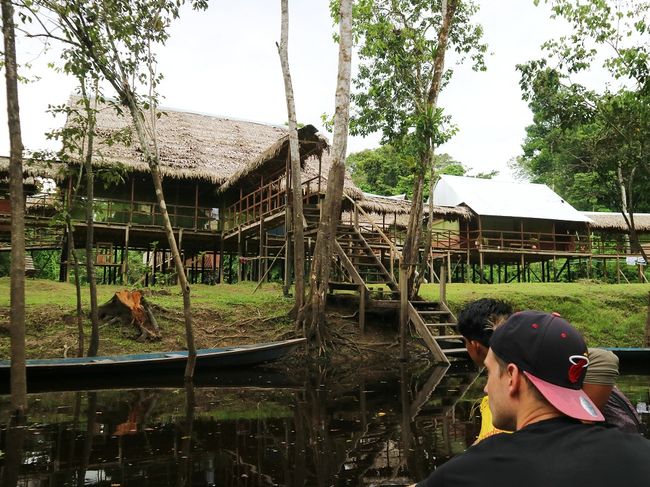
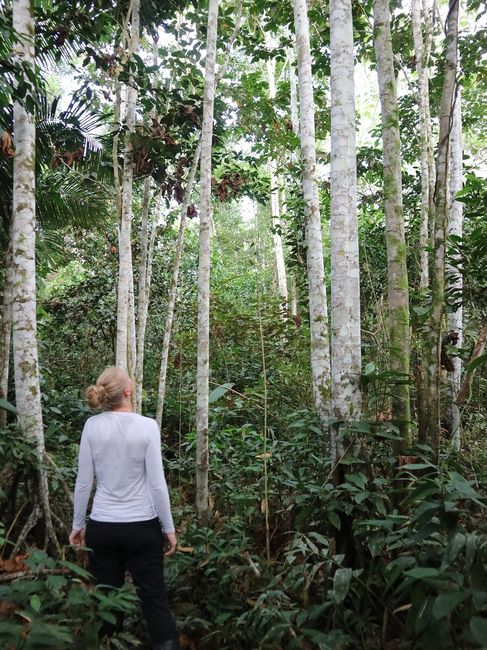
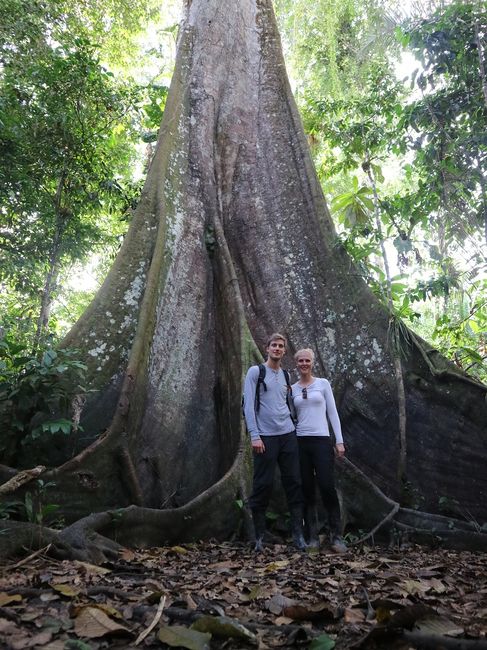
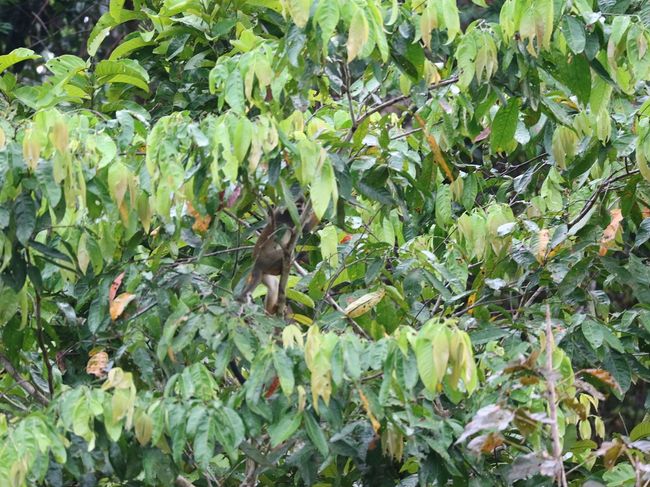
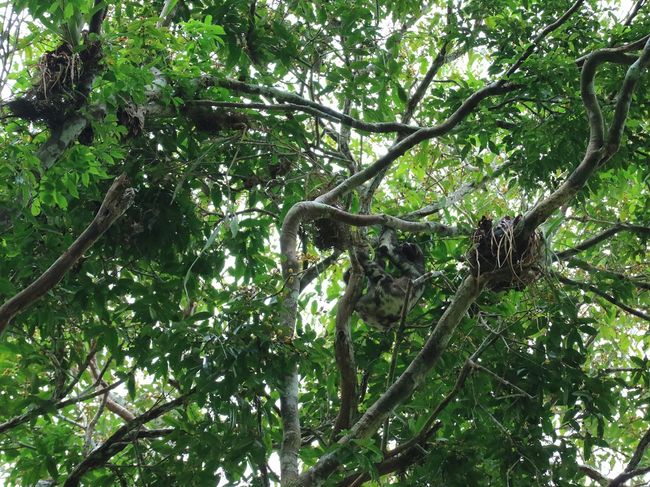
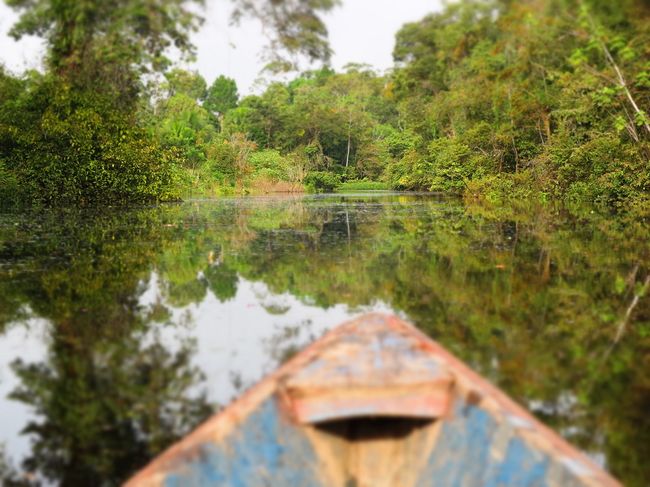
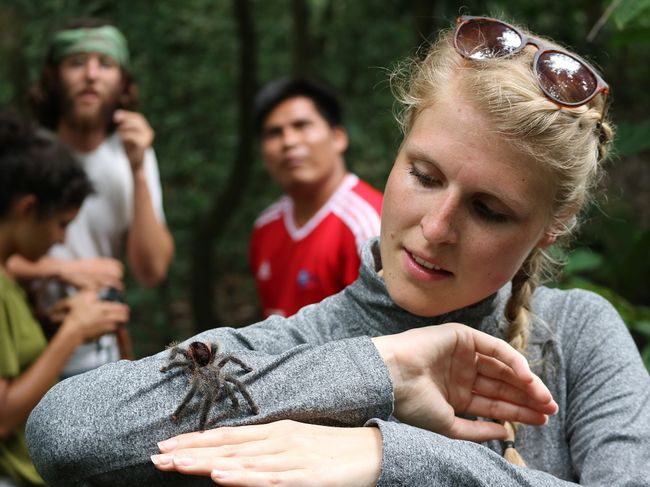
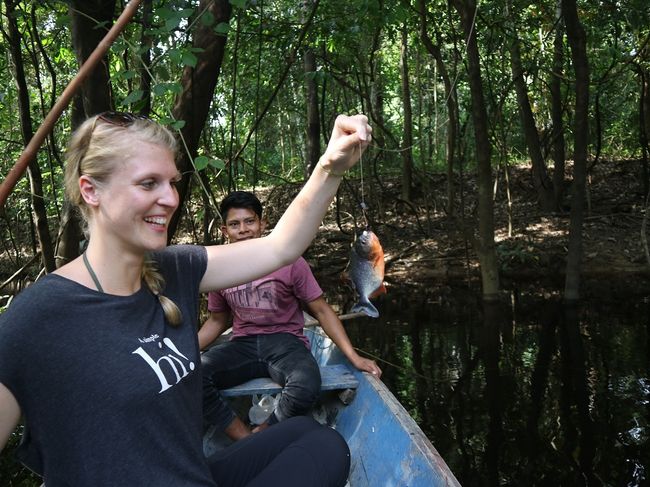
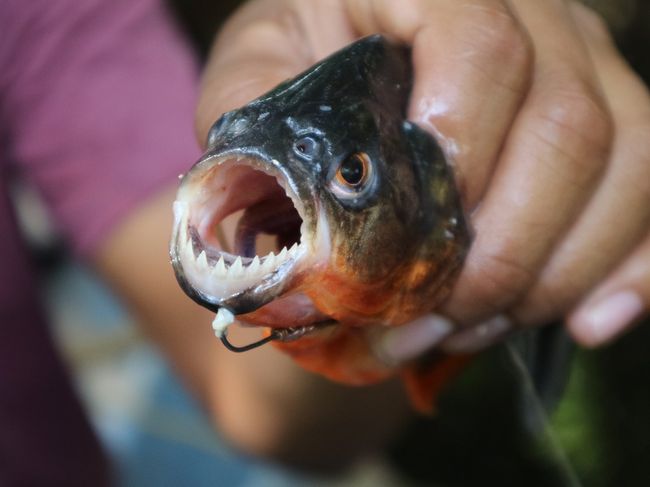
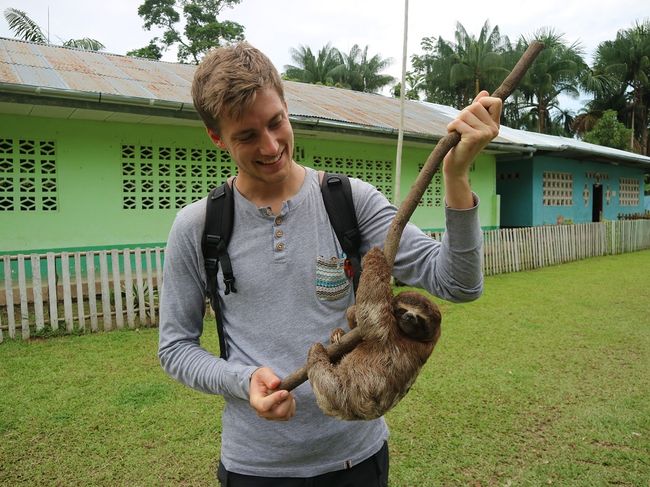
สมัครรับจดหมายข่าว
Off the ship and into the remote city of Iquitos. Together with our hammock neighbor from Switzerland, we searched for a nice restaurant for dinner, including Wi-Fi, to find a place to stay for the night. Simon's first beer and my first Pisco Sour - wonderful! Our choice of hostel was not the best, too hot at night without air conditioning and the fan was so loud that we had to choose between heat or noise.
The next morning, we found a new accommodation and organized the jungle lodge for the next nights. The Belen Market in the slum really affected us. The tightness, the stench, the dirt and garbage everywhere, and in the midst of it, food being sold. Fruits, vegetables, all parts of dead animals, even dead turtles, spices, and all covered with countless flies. Afterwards, we went a bit outside to an animal rescue center. A nice German volunteer gave us a tour, even though we had just missed the last tour. We were very happy to finally have a tour in German. The small rescue center houses animals that were illegally kept as pets or attempted to be smuggled. There was a lot to see. A small butterfly farm, where you could see exactly what the eggs look like, the little caterpillars, and how they pupate to then emerge as colorful butterflies. But there were also other animals such as jaguars, tapirs, parrots, anteaters, monkeys, sloths, ocelots, and toucans that have found a new home here. Did you know that a toucan is in danger after five hours without food intake? Almost like Simon haha :) In the evening, we picked up our clothes from the laundry, finally clothes that smell good.
The next day, the Amazon jungle called us. Our guide Junior picked us up with the tuk-tuk and explained everything that was on the agenda for the next few days. At the port, he showed us a small market, explained the completely unfamiliar types of fruits and vegetables, and much more. Crocodile meat, fat maggots, and the so-called jungle meat, you never know exactly what animal it used to be. Simon was about to try a maggot, but couldn't bring himself to do it. Now it was time to get on the boat and cross the Amazon to a small village. From here, we walked to a tributary and then took a boat to the lodge. We couldn't stop marveling. How people live here, how beautiful nature is, and what Junior explained to us. Describing the three days here in detail would go beyond the scope, but there are a few more photos. But to summarize it briefly, we walked through the jungle, watched birds early in the morning, went piranha fishing to then eat them, admired the large lily pads, visited small villages, went canoeing, and went swimming. The time was fantastic and we would have liked to stay longer, but the unbearable heat and the countless mosquitoes really drained my energy. On the third day, I was completely exhausted and we returned to Iquitos one night earlier. Both the lodge owner and Junior were very worried about me. They brought us back very touching and wanted to make a quick detour to the hospital just to be safe. I got some pills for my circulation, and since I didn't have a fever, sleep was probably the best medicine.
The next day I was fit again. Luckily, because the flight to Cusco was scheduled for noon. Now we were heading to the touristy south and saying goodbye to the exciting Amazonian adventure.
But now I just want to say briefly... Here, you really become aware of the luxury we actually live in at home. We forget about it too quickly in everyday life and hardly appreciate these things that are so self-evident to us. The people who live here rarely have electricity and live off what the jungle provides them. They spend half the day fishing to sell this fish at the remote market. With this money, they buy rice and other food for their village. The small plantations in the villages provide the residents with bananas, mangoes, and plants that serve as medicine. The water from the river is used for drinking, cooking, and washing. There is nothing more here. And at home, we get annoyed if the fruit has brown spots in the supermarket, if something is sold out, or about trivial matters that seem so banal here. We can be grateful that we have running water that we can even drink. We have an abundance of food and all the fancy technology... Do we really need all of that? Maybe we should all be less upset about the small problems of everyday life and become more aware of how good we have it, what a gift our living environment is?!?!
สมัครรับจดหมายข่าว
คำตอบ (1)
Konstanze
Tolle Story, super Fotos! Passt weiterhin gut auf euch auf, man mutet sich schnell zuviel zu und ihr seid das Klima und die Lebensumstände nicht gewohnt. Dias Abenteuer ist noch lang...